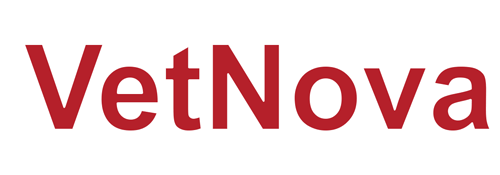Who is good for people, good for pets and good for business?
Your veterinary technicians, nurses and receptionists are your most valuable assets to your practice. They are the ones who have the first and the most contact with your clients. They are the faces, hands, and hearts of your business.
They people answer the phone, welcome the client (even curbside), ask for initial history, notice certain behaviors of the patients, and check out the client. They often do follow up phone calls or emails. Many times, they manage your website or social media pages and engage with clients online. And with all those connections, client often share information with the technicians and receptionists that they are embarrassed to share with the veterinarian.
To help veterinary technicians, nurses and receptionists understand and communicate with your clients, VetNova has produced a series of technical bulletins about basic care and health for dogs and cats. Be sure to share these bulletins with the staff so they have talking points and modify them to meet your specific needs. These bulletins may be found at vetnova.net.
Besides excellent communication skills, veterinary technicians, nurses have the technical and patient care knowledge and skills from their formal education and specific training at your practice. And with experience, receptionists often visualize how the practice can operate more efficiently and economically. Let these people offer solutions to your practice workflow, resource management, client retention and other challenges. Making full use of their skills and insight, frees up the veterinarians to spend more time doing what they are paid to do, such as diagnosing, treating, and performing surgery.
The best ratio of non-veterinarians to veterinary staff will vary by type of practice and size, but usually the higher the ratio of support staff to doctor staff, the more efficient is the practice and the more profitable is the business.
Yes, we know that veterinary technicians, nurses, and receptionists are good for clients and good for business. But what’s in it for them? By applying their knowledge and skills, they feel challenged and more valued. Find out and ask them about their strengths and special interests. What additional training do they seek? The right person with the right skill set and passion may just create a new service or focus for your practice and that mean increased revenue.
So, let these people do what they do best. Supporting patient wellness, engaging clients, and pursuing practice excellence is all good for people and good for business.

